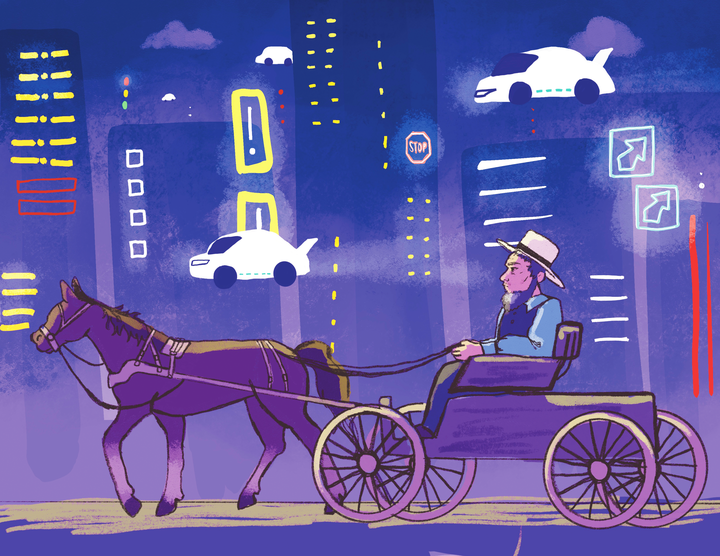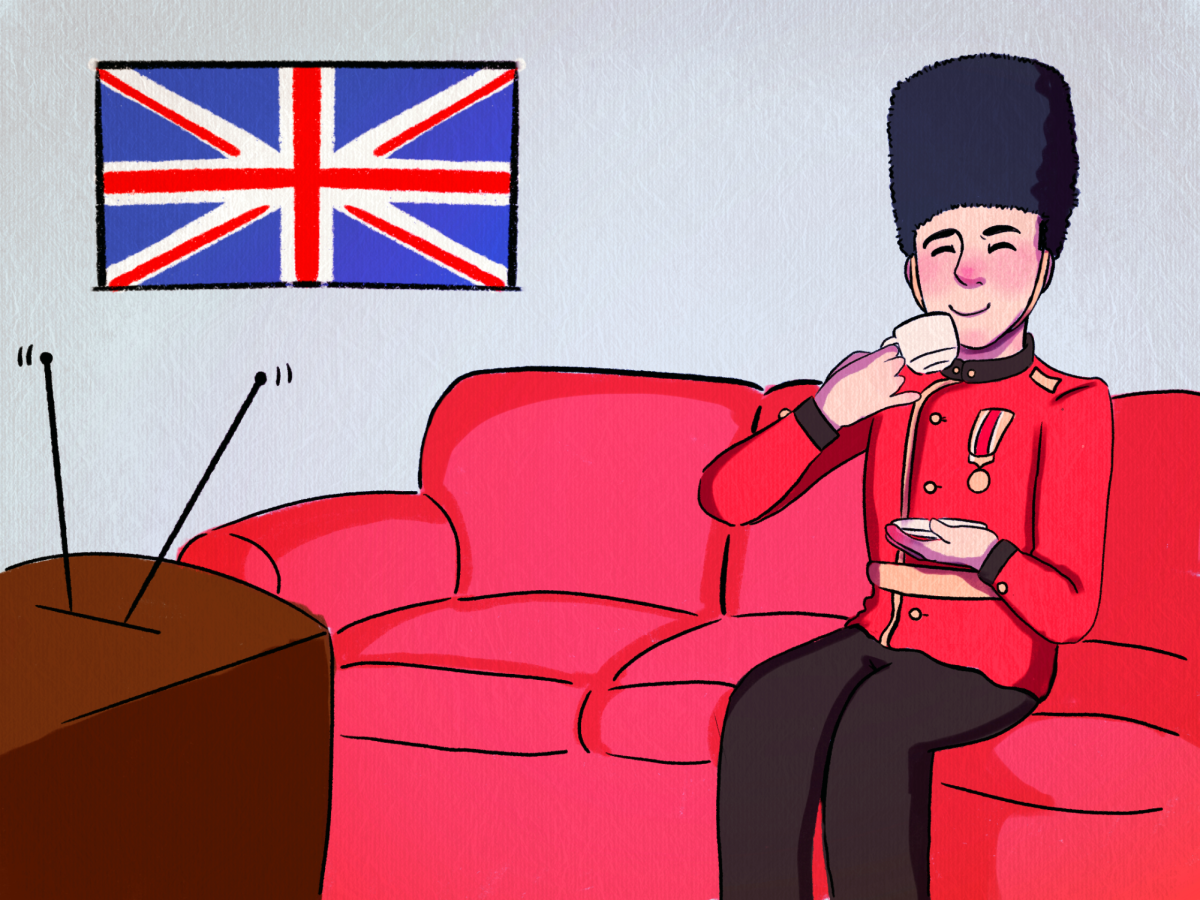Nowadays, most of what we find in American media is the popularization and acceptance of drug trafficking. Netflix came up with its hit series “Narcos,” Telemundo brought “El Señor de los Cielos,” hitman movie “Sicario” hit the big screen, and there’s now an entirely new music genre called narcocorridos.
These television shows and movies are justified by clarifying that they portray the reality behind what actually happens in the drug trafficking business, but making this type of content so popular is just teaching the audience that those types of lifestyles are the new norm.
The way in which the media have taken the time to create several TV shows and music about the luxurious lives of drug lords is simply painting the idea that these men are exemplary figures.
For example, Narcos seems to mostly describe the kind of power and wealth that Colombian drug lord Pablo Escobar gained through his cocaine business. It shows how the people in his country thought so highly of him simply for the educational donations he made to lower classes.
Similarly, most people idolized Mexican drug lord Joaquin “El Chapo” Guzman when he escaped from prison for the second time in July 2015. The media celebrated his power for accomplishing the escape and even implied he would be a better fit for president of Mexico than its current president.
In situations like this, it is evident that all that these shows have accomplished has been to help the audience reach ignorant and uneducated conclusions, such as the notion that a drug lord becoming president of a country where violence is a major issue would be a good idea.
As for the popularization of narcocorridos, we have Tucson’s local Mexican radio station La Caliente 92.1. While this radio station plays a wide range of genres of Mexican music, a big portion is dedicated to narcocorridos, which basically glorify drug lords and hitmen. While music is generally labeled as more innocuous than other forms of media, it still adds to the misconceptions surrounding drug trafficking.
Even Telemundo’s “El Señor de los Cielos” gained much of its popularity for the handsome, manly actors that it hired to portray powerful drug lords.
Considering this station and channel are aimed toward any audience that wants to connect with Mexican culture, it sends the message that corrupted business and killing people to reach success is the totally normal and cool thing to do.
Take for example the drug war along the Mexican-American border. With the media embedding drug trafficking into the American culture, we find more people turning to that kind of business.
The Bureau of Justice Statistics stated that in September 2014, 7 percent of federal prisoners were incarcerated for violent offenses, while 50 percent were serving time for drug offenses.
Based on all the people I personally know who have gotten arrested back in my border hometown for smuggling marijuana and cocaine into the U.S., this statistic isn’t so much surprising as it is infuriating. The most there is to say is at least they didn’t end up like one of the thousands of decapitated bodies found in Mexico.
Even with all the statistics that show the huge problem with drug smuggling in the U.S., the media still treat it as a joke and shrug the problem off their shoulders by giving our society even more reason to join all the drug smugglers and hitmen.
Even if new shows and movies show the brutality behind the life of a hitman or the big defeat of a powerful drug lord, it doesn’t change the fact that it is just encouraging people to accept drug trafficking as a cultural norm.
Drug trafficking may unfortunately already be a part of Mexican culture, but let’s not bring it into the American culture as well. We often criticize and pity Mexico for the danger and violence encountered in every corner, yet we are beginning to adopt the factor that has made the country that way.
Right now we are already seeing an increasing amount of prisoners for drug offenses, but what will be next? We cannot allow for drug trafficking to gain as much domestic power within the U.S. as it has in other countries.
It may seem like an inferior concern that wouldn’t really present itself in the U.S., but not much else could happen when all we do is accept and glamorize the concept of drug trafficking. There is a difference between problematization and education on a topic and glamorization; right now we just aren’t hitting the mark.
Follow Genesis Lara on Twitter.








